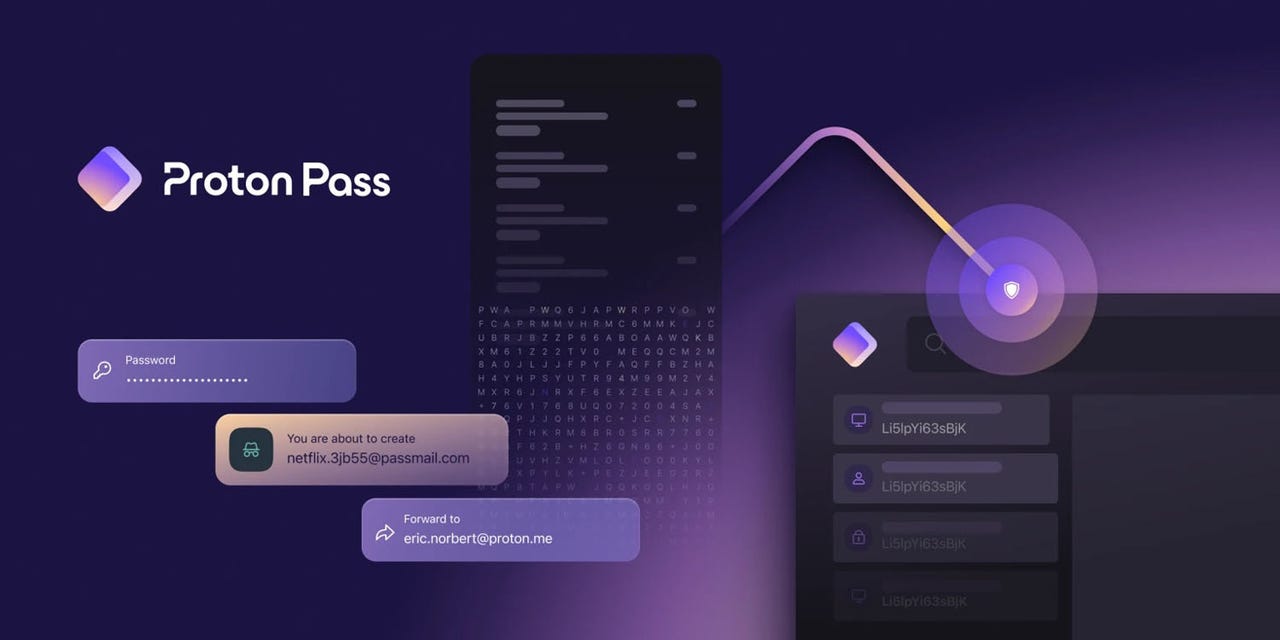'ZDNET Recommends': What exactly does it mean?
ZDNET's recommendations are based on many hours of testing, research, and comparison shopping. We gather data from the best available sources, including vendor and retailer listings as well as other relevant and independent reviews sites. And we pore over customer reviews to find out what matters to real people who already own and use the products and services we’re assessing.
When you click through from our site to a retailer and buy a product or service, we may earn affiliate commissions. This helps support our work, but does not affect what we cover or how, and it does not affect the price you pay. Neither ZDNET nor the author are compensated for these independent reviews. Indeed, we follow strict guidelines that ensure our editorial content is never influenced by advertisers.
ZDNET's editorial team writes on behalf of you, our reader. Our goal is to deliver the most accurate information and the most knowledgeable advice possible in order to help you make smarter buying decisions on tech gear and a wide array of products and services. Our editors thoroughly review and fact-check every article to ensure that our content meets the highest standards. If we have made an error or published misleading information, we will correct or clarify the article. If you see inaccuracies in our content, please report the mistake via this form.
Proton officially launches password manager with end-to-end encryption

The company behind the secure email service Proton Mail has officially released its own password manager that promises not just to protect your passwords but to also protect your email address. Unveiled on Wednesday following a beta launched in April, Proton Pass is accessible as an extension for all the major browsers and as an app for iOS/iPadOS and Android.
Also: The best password managers right now
To start, Proton Pass works like any other password manager. It can generate and save unique and complex passwords (or passphrases) for each of your website account logins. Securely storing the password along with your username, the site's URL, and other info, the program applies your credentials at each website, automatically logging you in.
But Proton boasts that its password manager kicks in end-to-end encryption across the board. Some password managers encrypt only the password for each saved account and not necessarily the username, URL, or other information. This pitfall means that a hacker or attacker who gains access to your account data can easily see the sites you visit and the usernames you create.
Also: These are the most hacked passwords. Is yours on the list?
To better safeguard your accounts against compromise, Proton Pass promises to encrypt every field in each saved login, not just the password but your username, the website URL, and any other data. To protect all your login data, Proton says that its open-source password manager uses a strong bcrypt password hashing technique and a hardened implementation of Secure Remote Password (SRP) to authenticate access.
Further, Proton Pass syncs your account data across all your devices and runs automatic end-to-end encrypted backups of your data. So if you lose or upgrade from one device, you can still access your saved logins from the online backups to use on a different device. Plus, Proton adds two-factor authentication, so that accessing your account on a new device or in a new location requires a second form of verification.
Also: Flipper Zero hacking tool is a big hit
Proton Pass also aims to protect your email address by letting you create an alias. If someone tries to use one of your passwords for identity theft or another type of attack, you can always change it. But if that person attempts to use your email address as part of the identity theft scheme, you can't easily change that. Your email address can also be used for sending you spam and phishing messages.
To help you better protect your identity, the Proton Pass hide-my-email alias feature will create a random address that links between your actual address and the website. The site sees just your alias address so that your real address is kept private. If a particular site is hacked, only your alias address is exposed, which you can easily change.
And what's the price tag for Proton Pass? In a bid to get people to sign up, Proton is offering the basic version for free. This free flavor offers unlimited logins, unlimited encrypted notes, and a limited number of hide-my-email aliases and two-factor authentication logins.
Also: Do RFID blocking cards actually work? My Flipper Zero revealed the truth
To grab an unlimited number of hide-my-email aliases and two-factor authentication logins, you'll need a paid account called Proton Pass Plus. People with Proton Unlimited, Business, Visionary, or Family plans automatically get the paid edition of Proton Pass for free. For others, Proton is currently offering the Plus version for $1 a month for lifetime. But this offer lasts only until the end of July, after which the price goes up to $3.99 a month.
Proton Pass supports Chrome, Firefox, Edge, Brave, and other browsers as well as iPhones, iPads, and Android devices. To learn more about Proton Pass or take it for a spin, check out the program's website.
